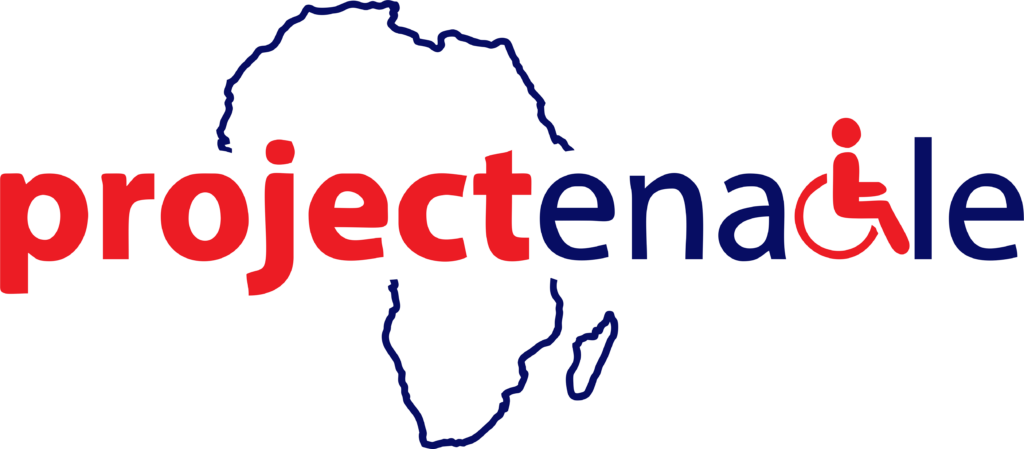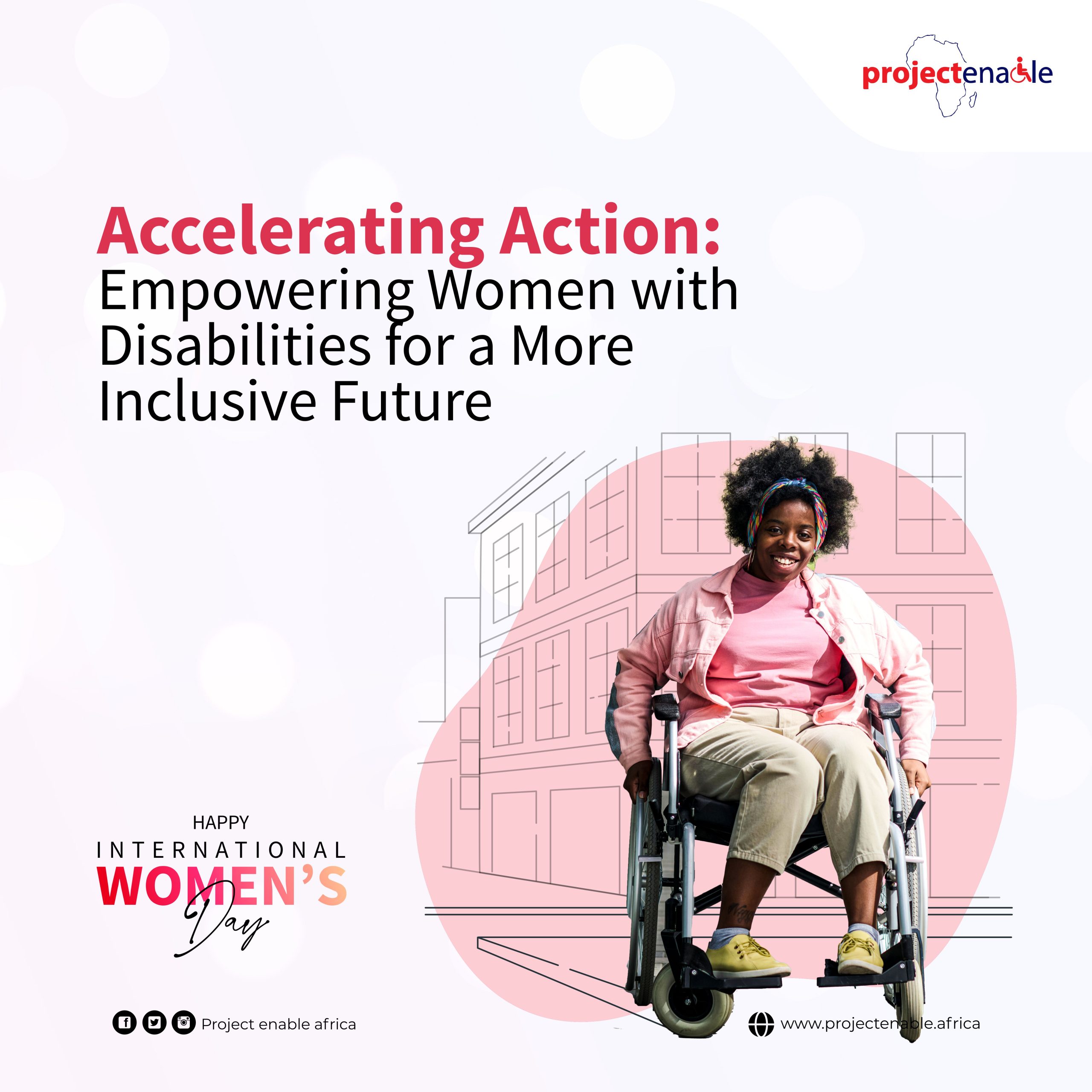Celebrating International Women’s Day with Purpose
International Women’s Day (IWD) is a global celebration of the achievements of women who have broken barriers and made significant strides in their fields. It is also a moment for reflection; an opportunity to assess progress, confront persistent inequalities, and inspire future generations to champion gender equality.
Beyond the celebrations, however, lies an urgent need for sustained advocacy. Women worldwide continue to face challenges related to gender inequality, lack of representation in leadership, and limited access to opportunities. For women with disabilities, these challenges are even more pronounced as they navigate both gender-based discrimination and systemic barriers linked to their disabilities.
Amplifying the Voices of Women with Disabilities
Project Enable Africa is committed to advocating for the rights and inclusion of persons with disabilities, with a particular focus on women who are often overlooked in mainstream gender discussions. In Nigeria, the struggles of women with disabilities are amplified by deep-seated social, cultural, and economic barriers.
The National Population Commission (NPC) estimates that 19 million Nigerians, which is approximately 9.6% of the population, are with disabilities. Some reports suggest this number could be as high as 27.3 million. While gender-disaggregated data is limited, women are estimated to make up nearly half of this population. Despite the passage of the Nigeria Disability Act (2019) to promote the rights of persons with disabilities, weak implementation leaves many women with disabilities marginalised in policymaking, employment, and economic empowerment initiatives.
The Global Reality for Women with Disabilities
The challenges faced by women with disabilities extend far beyond Nigeria. According to the United Nations, over 1 billion people globally live with disabilities, with women accounting for 20% of this population. Their struggle for equality spans multiple sectors:
- Education: Only 1 in 10 girls with disabilities in low-income countries like Nigeria have access to formal education.
- Employment: The World Bank reports that women with disabilities are two to three times less likely to be employed than men with disabilities.
- Healthcare: According to the United Nations, women with disabilities are three times more likely to be denied healthcare and reproductive health services.
- Gender-Based Violence: The World Health Organisation (WHO) reports that women with disabilities experience up to 10 times higher rates of gender-based violence compared to their non-disabled counterparts.
Taking Action for an Inclusive Future
The intersection of gender and disability discrimination limits access to essential resources such as education, employment, and healthcare, further deepening existing inequalities. The time for acknowledgement has passed, now is the time for action. Advancing women’s rights must include intentional policies, inclusive initiatives, and a firm commitment to accessibility and empowerment. These means:
- Creating workplaces that accommodate diverse abilities.
- Enforcing disability-inclusive policies beyond just documentation.
- Challenging societal perceptions that continue to sideline women with disabilities.
As we commemorate International Women’s Day, let us reaffirm our commitment to a future where every woman, regardless of ability, can thrive, lead, and contribute meaningfully to society. True inclusion is not optional; it is essential for progress.
Join the Movement for Disability Inclusion
At Project Enable Africa, we believe lasting change is only possible through collective action. We invite policymakers, organisations, and individuals to partner with us in building a more inclusive society where women with disabilities are empowered, valued, and given equal opportunities.
Are you passionate about disability inclusion? Do you want to collaborate with us to drive meaningful change? Follow our social media platforms- Facebook, Instagram, LinkedIn, X (Twitter), and TikTok.
To learn more about our initiatives, visit our website at Project Enable Africa and for inquiries and partnerships, contact us at [email protected]. Together, we can break barriers and create a world where every woman is seen, heard, and empowered.


